Living with anxiety can feel like carrying a very heavy backpack that you can’t take off. Some days are better than others, but having practical tools to manage anxiety makes a big difference.
I’ve compiled effective strategies for managing anxiety that can help you regain control when anxiety strikes. These aren’t just theoretical approaches, they’re practical techniques that work in real-world situations.
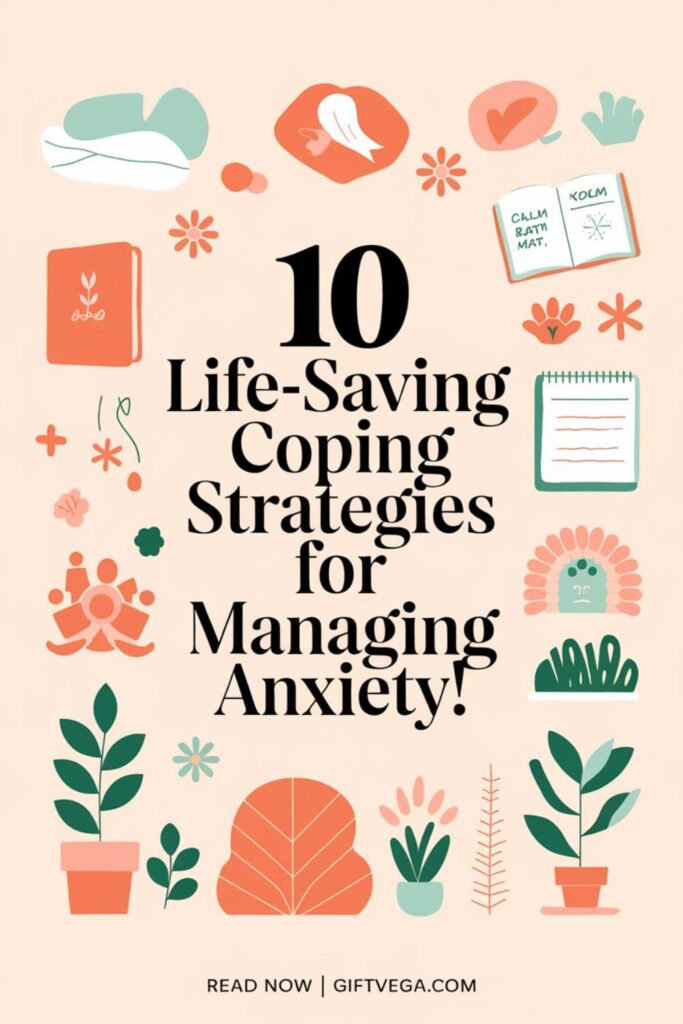
Coping Strategies for Managing Anxiety
1. Setting Boundaries
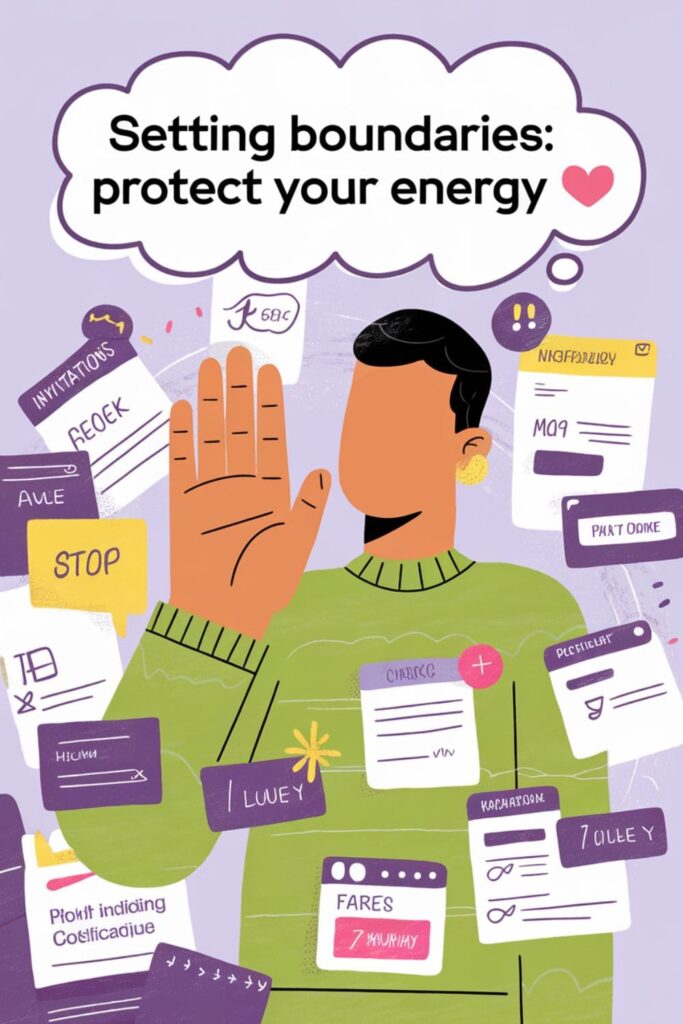
Learning to say no is important for managing anxiety. You don’t have to attend every event, and every party, etc. Not every email needs an immediate response, setting boundaries protects your energy.
Start small, and practice saying “I’ll get back to you” instead of committing right away. Give yourself permission to put your wellbeing first.
2. Time Blocking
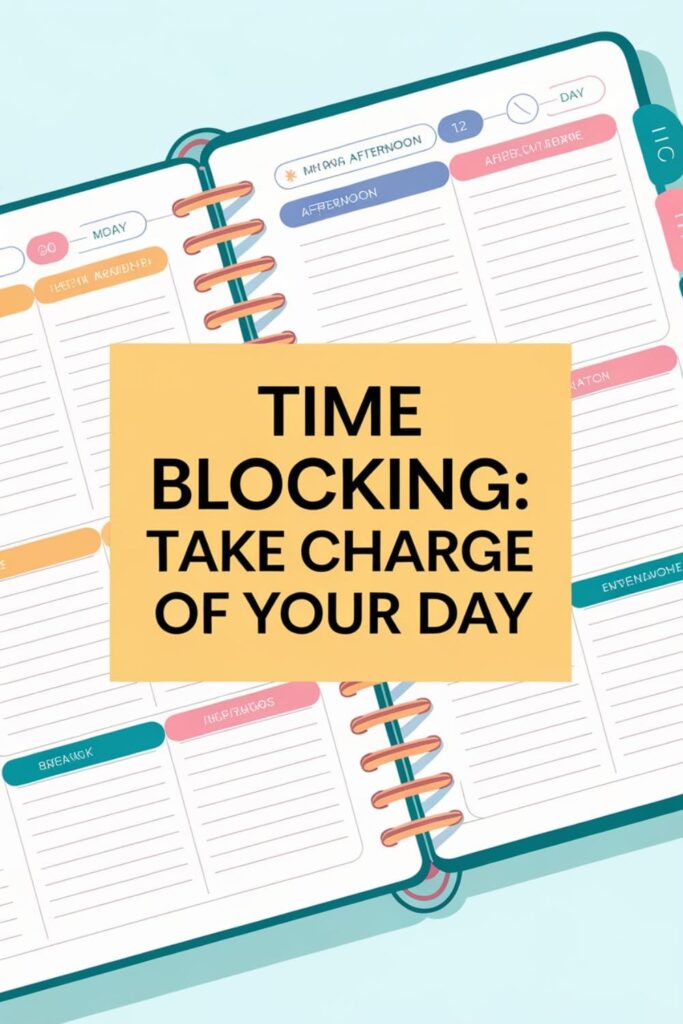
Overwhelming to-do lists feed anxiety, so break your day into manageable chunks, and also set specific times for tasks.
Include breaks between blocks. This structure will help reduce decision fatigue. It gives your day rhythm and purpose, and you’ll feel more in control of your time.
3. Mindfulness Practice
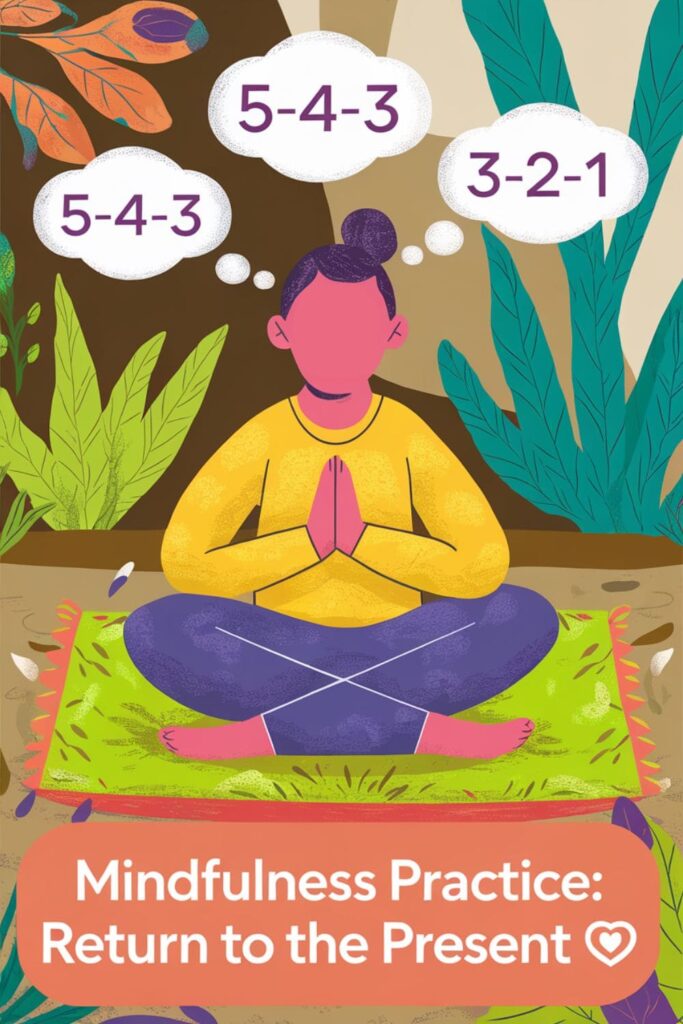
Anxiety lives in the future, and mindfulness brings you back to now. Notice five things you can see, four things you can touch, and three things you can hear.
Two things you can smell, one thing you can taste. This simple grounding exercise pulls you out of worry spirals, and it redirects your focus to the present moment.
4. Environmental Optimization

Your physical space profoundly impacts your mental state. Start by decluttering your most-used areas, like a messy desk or chaotic bedroom can amplify anxiety without you realizing it.
Consider the lighting in your space, natural light has proven benefits for mental health. Add plants, which not only clean the air but provide a sense of nurturing and growth.
5. Deep Breathing Exercises

Your breath is a very powerful tool. The simple act of deep breathing can calm your nervous system in minutes. So, place one hand on your chest and the other on your belly.
And, breathe in slowly through your nose for four counts, hold it briefly, then release the breath through your mouth for six counts. This longer exhale triggers your relaxation response, do this for five minutes whenever anxiety builds.
Related: 10 Breathing Exercises to Reduce Stress
6. Nutritional Awareness
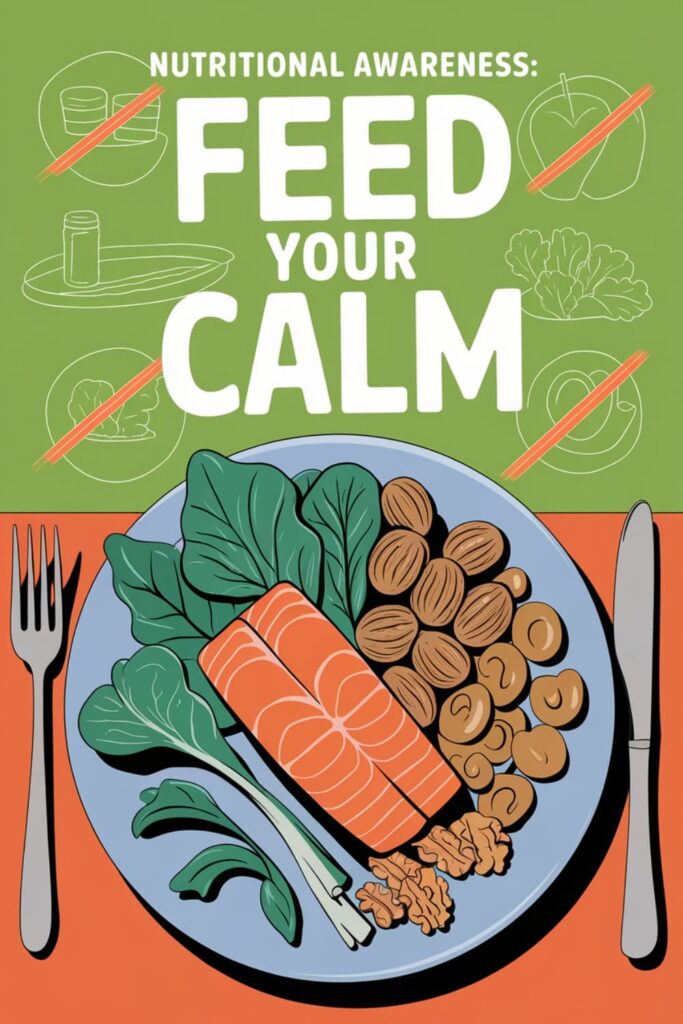
The connection between gut health and anxiety is stronger than most people realize. Start tracking how different foods affect your mood, and common anxiety triggers include caffeine, alcohol, and high-sugar foods.
But everyone’s body responds differently. Some people find relief by reducing inflammatory foods, but others benefit from adding omega-3 rich foods like salmon and walnuts.
7. Financial Planning
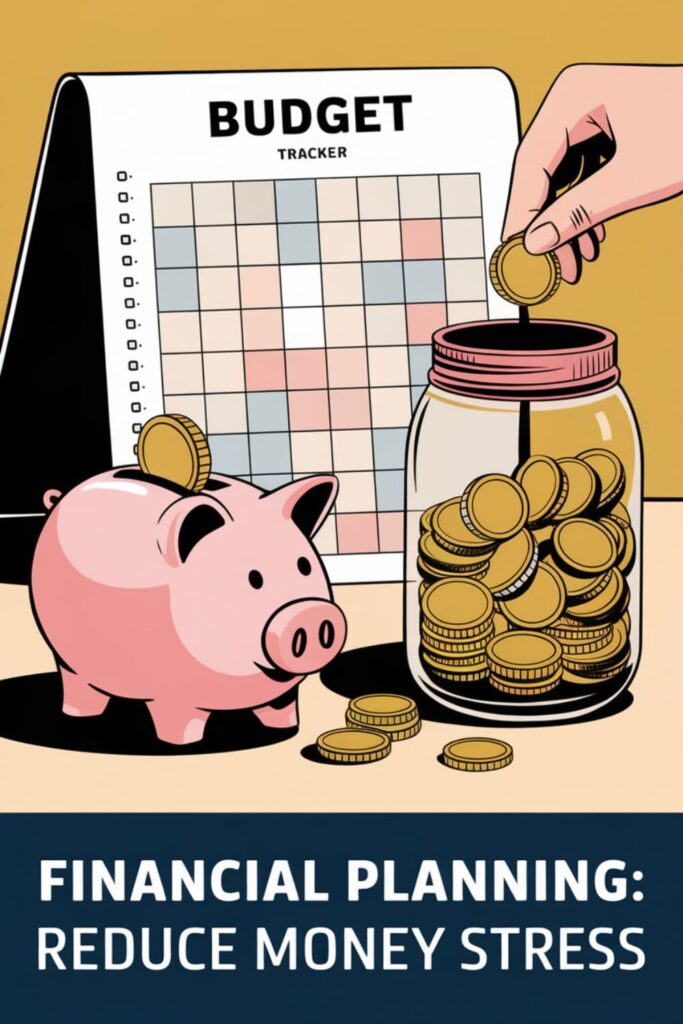
Money worries frequently fuel your anxiety. Create a realistic budget that includes a buffer for unexpected expenses, and start building an emergency fund, even if you can only save small amounts.
Understanding your spending patterns reduces financial stress. Consider working with a financial advisor to develop long-term security plans, knowledge and preparation help combat money-related anxiety.
8. Sleep Hygiene
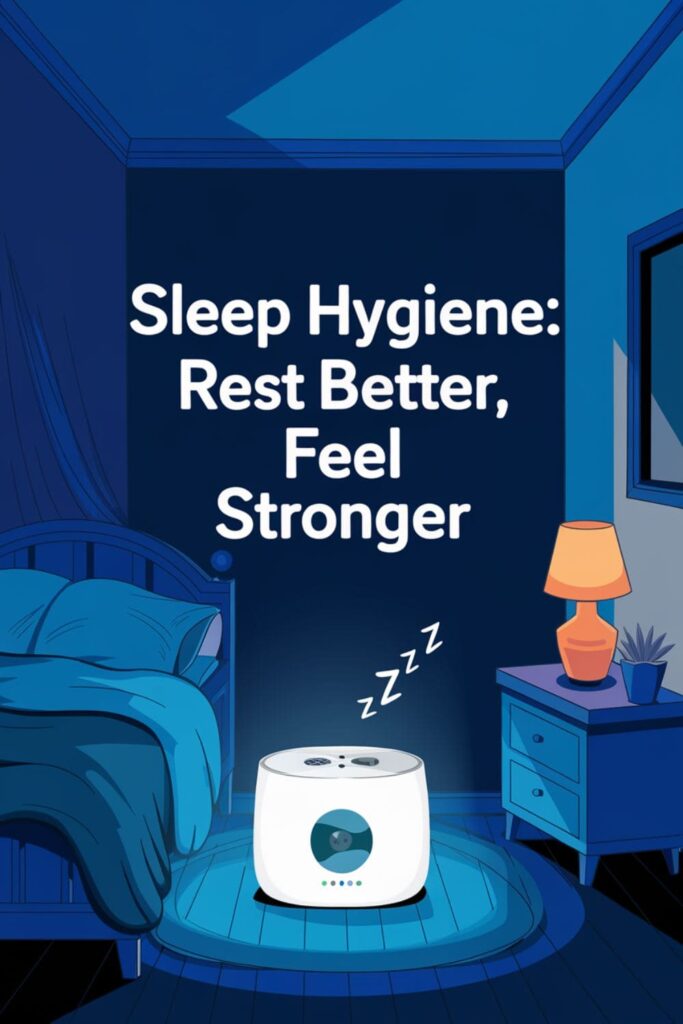
Poor sleep makes anxiety worse, so create a bedtime routine that helps you wind down, cut off screen time an hour before bed, and keep your bedroom cool and dark, also use white noise if it helps.
Go to bed and wake up at consistent times, your body will crave this regularity, as good sleep builds resilience against anxiety.
9. Daily Movement
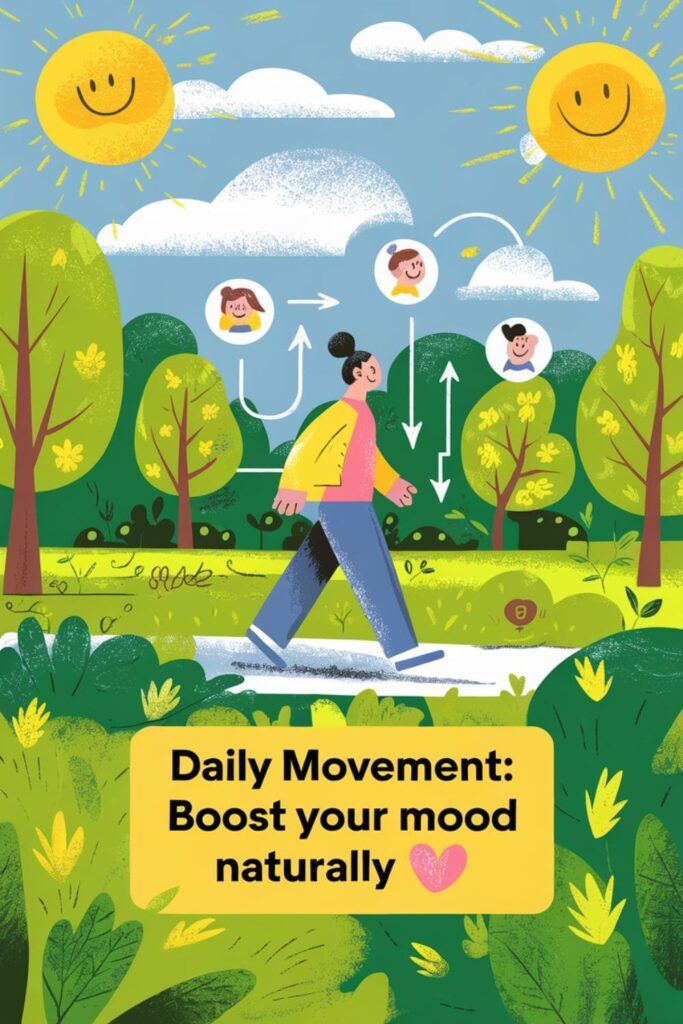
Exercise doesn’t have to mean intense workouts at the gym. A 15-minute walk can change your entire mood, as movement releases endorphins, which are natural mood boosters. The rhythm of walking helps ground you in the present moment.
Some people find relief in yoga or stretching, and others prefer running or walking. The key is finding movement that feels good to you.
10. Digital Wellness Integration
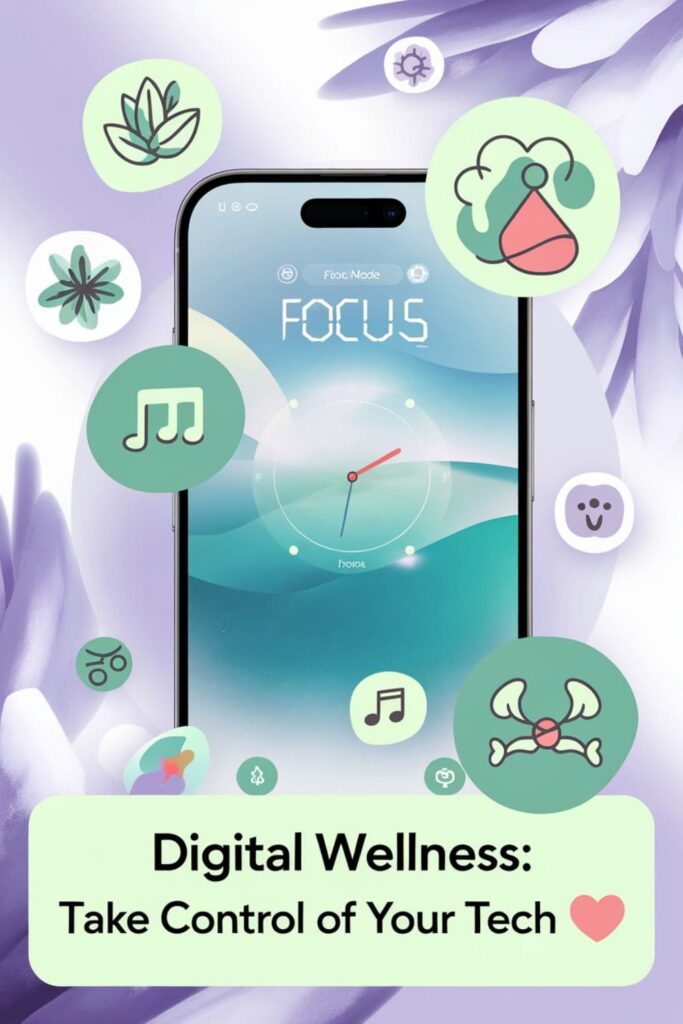
Technology can either help or hinder anxiety management, so audit your digital habits, like which apps increase your stress? And which ones help you cope? Use technology intentionally, and try anxiety-tracking apps to identify patterns.
Set up your phone’s focus modes to reduce unnecessary notifications, and create digital boundaries like no-phone zones or screen-free hours.
Related: 10 Life-Changing Ways to Practice Self-Love
Conclusion
Managing anxiety is an ongoing journey, not a destination. Some days these strategies will work better than others, and that’s pretty normal. The key is building a diverse toolkit of coping mechanisms. Try different approaches, and adapt them to fit your needs.
Just remember that seeking help isn’t weakness, it’s wisdom. With practice and support, anxiety becomes more manageable. You’re stronger than you think, and you don’t have to face this alone.

Pingback: 10 Essential Steps to Start Your Therapy Journey Today!